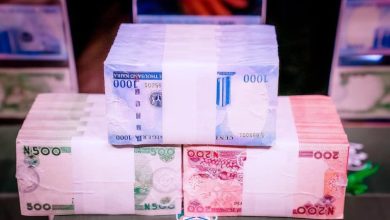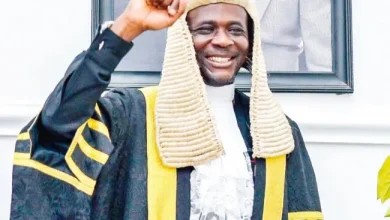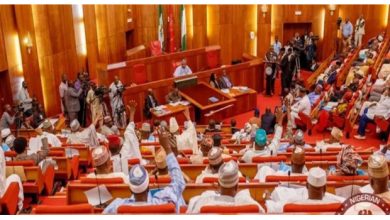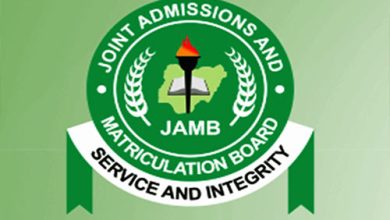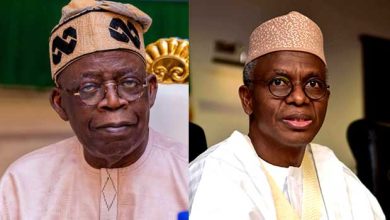Presidency: ‘Nigeria Is Broke, We Can’t Keep Pretending’ – Defends Borrowing
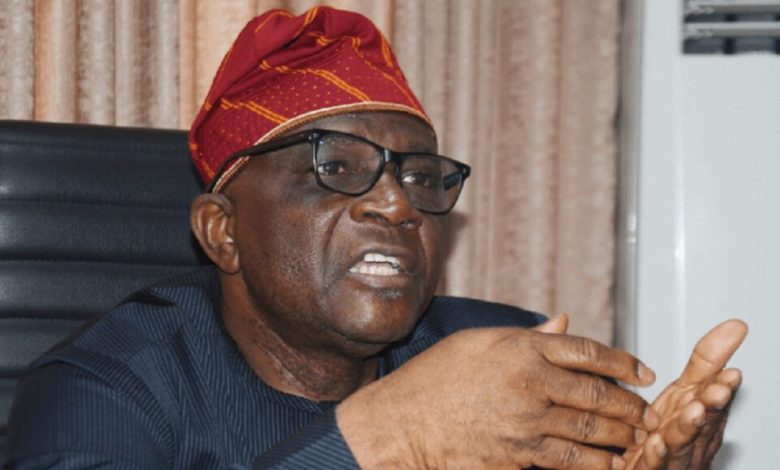
The Presidency has emphasized that borrowing for essential economic development is not a sin, particularly when done appropriately.
President Bola Tinubu reportedly sent a request to the National Assembly for approval of additional external and domestic loans amounting to ₦34.15 trillion, sparking outrage among political elites.
During a presidential media interaction in Lagos, however, Bayo Onanuga, who serves as Special Adviser to the President on Information and Strategy, remarked that Nigeria is a poor country with a large population.
Onanuga stated that the focus should be on the implementation of the funds rather than on the fact that they were borrowed.
He stated, “Borrowing is not sinful. Even countries considered developed, such as the United States of America (USA) and the United Kingdom (UK), take on debt that exceeds their GDP. The problem is not borrowing; it depends on how you use the borrowed funds.
“Our country is impoverished and has a high population density. It’s time to stop self-deception: Nigeria’s budget is less than South Africa’s. We need to be realistic about what we can finance without taking on debt.
Onanuga, while discussing the economic progress made by the administration, stated that the government has achieved noticeable advancements in macroeconomic reforms and inclusive initiatives, all while addressing inherited economic limitations.
Read Also: Controversy in Benue as Gov Alia 2027 Hires Coalition Leader, Labaran Maku As Media Consultant
He stated, “We recognize that this administration’s first year was turbulent. We encountered significant challenges, such as inflation, foreign exchange instability, and legacy issues that were beyond our direct influence.
“Today, there has been a significant improvement in Nigeria’s macroeconomic indicators. This has been noticed; international organizations such as the World Bank and International Monetary Fund (IMF) have praised our initiatives and trajectory.
“Nigeria’s All Share Index has increased more than twofold, rising from 50,000 in 2023 to over 110,000 in 2025.
“The country’s foreign reserves now amount to $21 billion, which is a significant increase from previous lows. Nigeria has reduced its debt servicing from 97% of government revenue to less than 60%, creating additional fiscal space for social services investment.
The Presidency underscored ongoing efforts directed at economic inclusion by leveraging state governments to fund essential road and housing initiatives, referencing Public-Private Partnerships (PPPs) and innovative financing mechanisms like Infraco, tax credits, and matching funds.
He added, “The student loan scheme under NELFUND has benefited over 600,000 students, among others. We are establishing the foundation for Nigeria’s industrial base via technical education and financial access.

